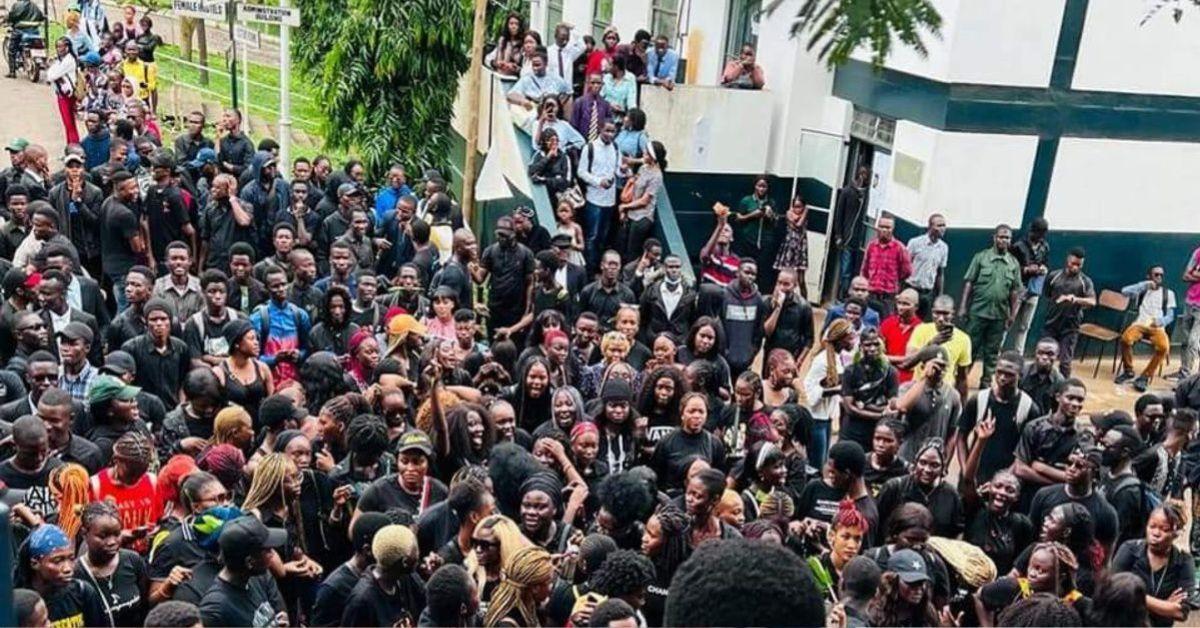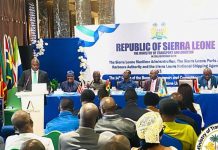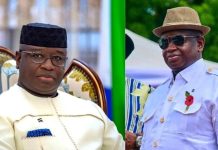Africa-Press – Sierra-Leone. A significant increase in tuition fees at Sierra Leone’s public universities is sparking widespread concern among students, who describe the new costs as “exorbitant” and potentially exclusionary for many aspiring graduates.
At the University of Sierra Leone (USL), the cost of pursuing a Master’s degree has risen to Le46,000,000 (approximately $2,000), a figure that has prompted alarm among students and graduates who label the hike unsustainable.
The situation is similar at Njala University, where the recently released fee schedule for the 2025/2026 academic year shows postgraduate programs costing up to Le45,000,000. The most dramatic increase is for a Masters of Philosophy (M.Phil), now priced at Le130,000,000. The university’s Finance Director, Alusine B. Newland, stated the fees reflect a commitment to “excellence in research and teaching” and ensure sustainable operations.
However, for many Sierra Leoneans, particularly working-class professionals, these new fees place advanced degrees far out of reach. To put the cost into perspective, an average worker earning the national minimum wage of Le800,000 per month would need to save every penny for nearly five years to afford a single year of a Le46,000,000 Master’s program at USL.
A major point of contention is the lack of transparency surrounding the approvals. Despite the magnitude of the increases, no official statement has been released by USL authorities or the Ministry of Higher and Technical Education to justify the decision. Students are demanding to know who authorized the hikes, what factors were considered, and whether any financial assistance will be provided.
The Njala University Students’ Union Government (SUG) has formally raised concerns, pointing out that the Sierra Leone University Act of 2021, Section 21, stipulates that fee adjustments must be made in consultation with the Ministry of Technical and Higher Education (MTHE).
“We are committed to safeguarding the welfare of all students,” the SUG stated. “While we recognize the university’s need to sustain quality education, we urge management to engage constructively with students and explore measures to mitigate the financial impact.”
The tuition spikes have raised fears of reduced enrollment, a potential brain drain, and the undermining of the founding principles of public universities: accessibility and merit-based opportunity. Student unions and education advocates are now calling for transparency, dialogue, and support measures such as scholarships or installment payment plans to uphold the country’s commitment to inclusive higher education.
“Demanding fair treatment is not a call for confrontation,” the Njala SUG emphasized, encouraging students to remain calm as dialogues continue. “We advocate for respectful and constructive discussions to ensure students’ voices are heard.”
For More News And Analysis About Sierra-Leone Follow Africa-Press






